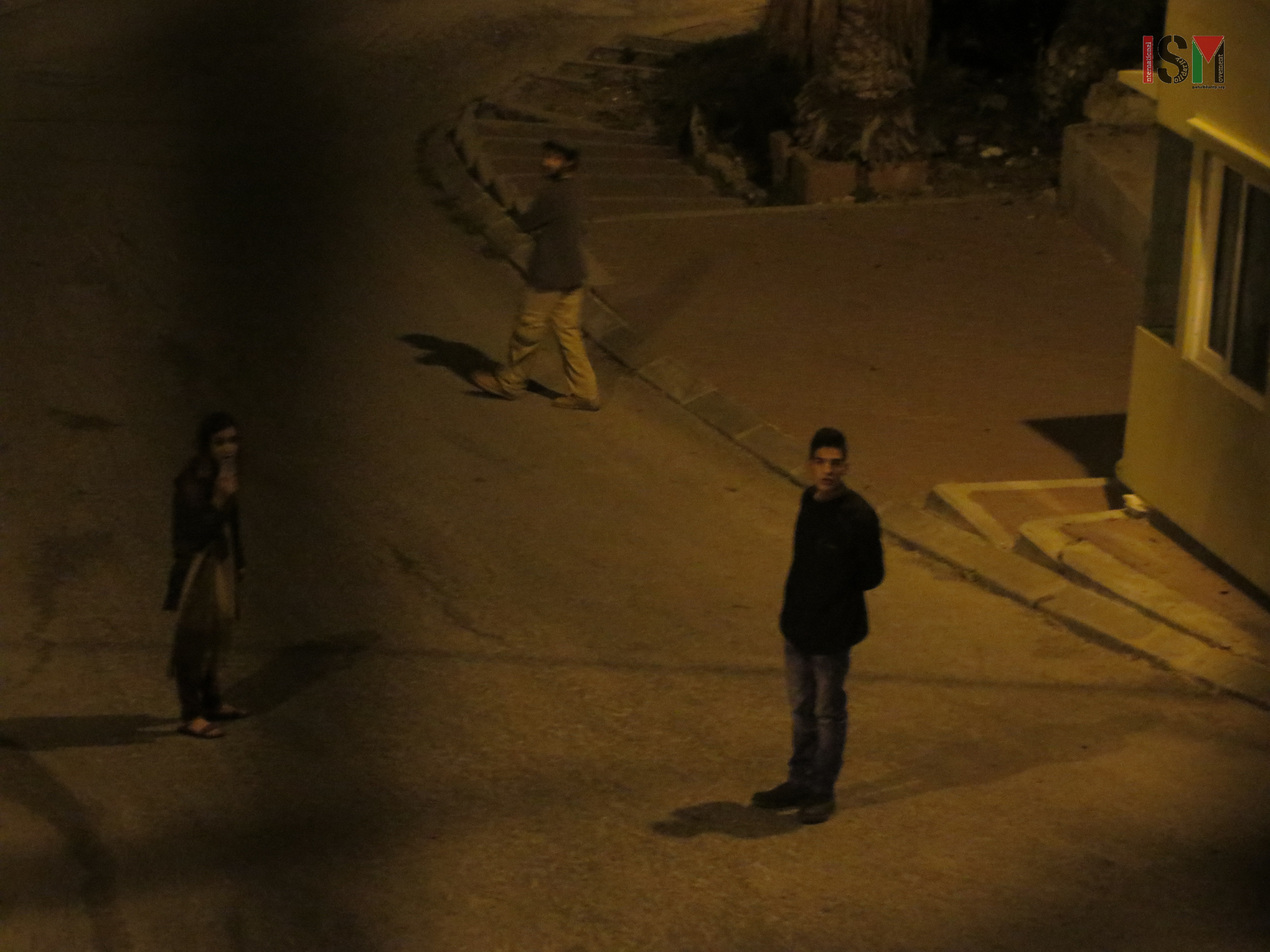Tag: Internationals
-
Israeli settlers trespass & attempt to enter the home of international human rights workers
26th October 2015 | International Solidarity Movement, al-Khalil team | Hebron, occupied Palestine On October 25th, around 2am, strange noises could be heard through the window of an apartment in Tel Rumeida where nine international human rights activists are currently living. Upon further inspection, four adult male settlers were identified, trespassing on the property. In…

